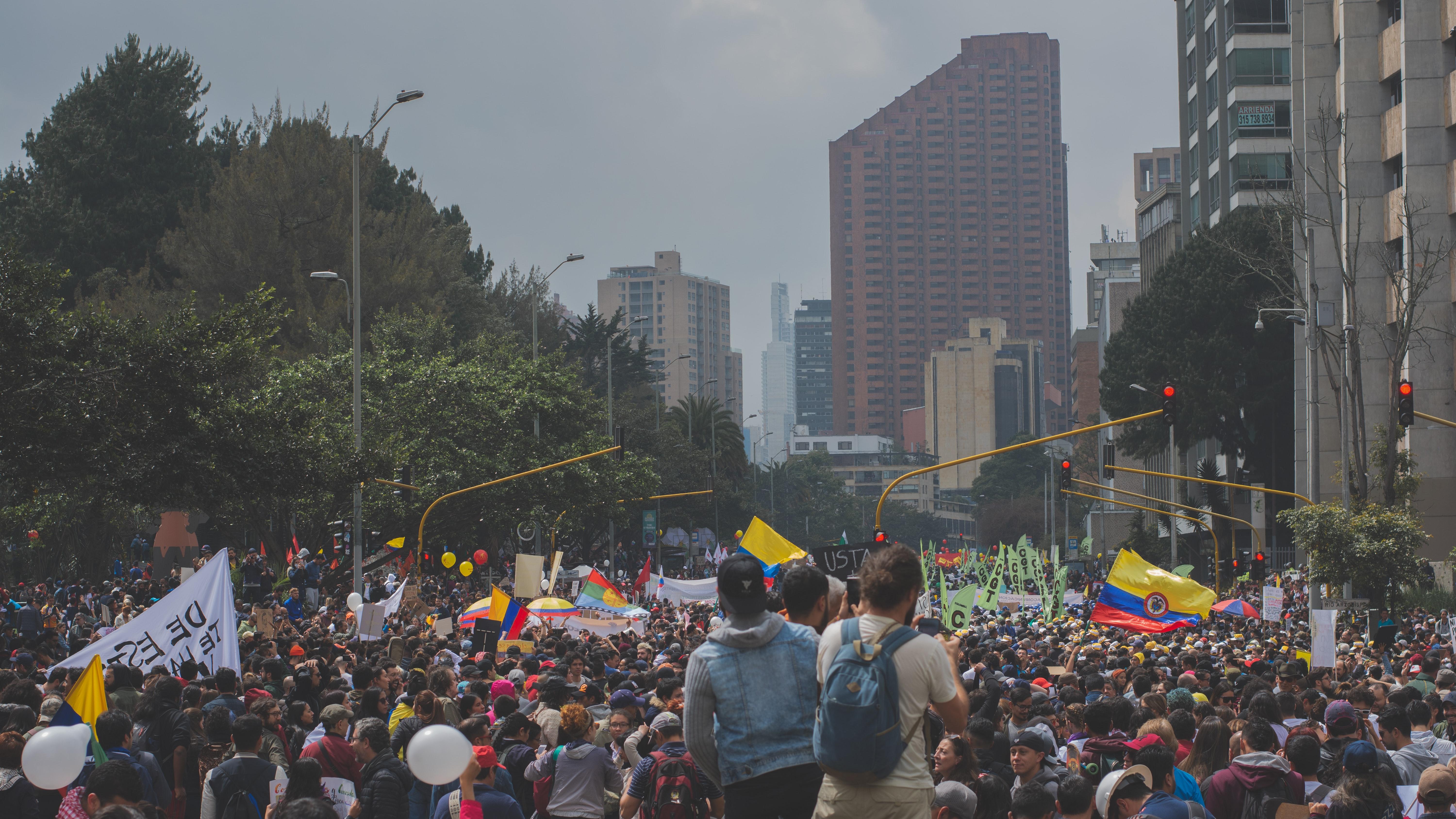Right-wing Central American politicians are applauding Plan Biden, a US strategy promising corporate investment in return for neoliberal reforms. They pledge to remain in the US “sphere of influence” and isolate China and Russia, while calling for regime change against Nicaragua’s leftist government. Grayzone editor Max Blumenthal investigated the extensive damage that Biden’s neoliberal policies have already wreaked on Central America, when he served as vice president and the point man for the region in the Barack Obama administration. Now that he is president, Biden is repurposing the Obama-era policies and expanding them.
- Home
- About Us
- Issues
- Countries
- Rapid Response Network
- Young Adults
- Get Involved
- Calendar
- Donate
- Blog

